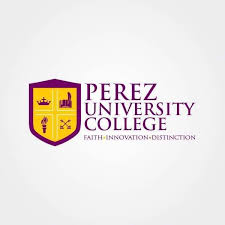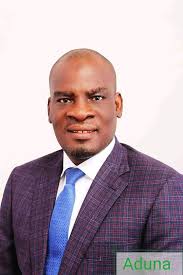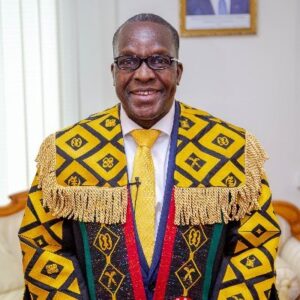Stakeholders Urge Government to Involve Private Schools in Decongesting Public SHSs

At the ongoing National Education Forum in the Accra and Eastern regions, participants have put forth a recommendation to the government, urging it to engage private school operators in efforts to reduce overcrowding in public senior high schools (SHSs). According to these participants, involving private SHSs in addressing the challenge of student congestion could be an effective solution. They propose that private schools be included in the distribution of students, with an agreed-upon capitation fee negotiated between the government and these institutions. This approach, they believe, could help achieve a more balanced and fair distribution of students, ensuring that all learners receive quality education within their respective communities.
The proposal was shared by Professor Afua Hesse, who served as the spokesperson for the infrastructure group during the forum. She presented a document that outlined the group’s recommendations, which were part of the discussions surrounding the theme of the forum, “Transforming Education for Sustainable Development.” The infrastructure group was one of five breakout sessions at the event, each focused on different aspects of improving the country’s educational landscape.
One of the key recommendations of the infrastructure group was related to the construction of educational facilities, particularly basic schools. Prof. Hesse explained that the group had suggested exploring vertical construction as a solution to the shortage of available land for educational infrastructure, especially in densely populated urban areas. The idea is to build upwards rather than outwards, making the most of limited space in cosmopolitan regions. However, the group also stressed the importance of ensuring that new buildings are accessible to individuals with disabilities, in accordance with existing laws that mandate such provisions.
In addition to this, the group also addressed the issue of inadequate infrastructure at the basic education level. Currently, the standard six-unit classroom blocks for basic schools, which are commonly used in the country, were deemed insufficient for accommodating the increasing student population. The group emphasized the need for a minimum of a nine-unit classroom block for basic schools, particularly if kindergartens are included. This should also be accompanied by essential facilities such as ICT labs, libraries, teacher classrooms, and washrooms. The group argued that these improvements should become part of the policy framework moving forward to ensure that educational institutions are properly equipped to meet the demands of modern education.
Another concern raised by the group was the lack of standardized guidelines for constructing basic school infrastructure. Prof. Hesse pointed out that there are no clear standards governing the size and design of classrooms and other facilities. As a result, schools are often built haphazardly, with varying sizes of classroom blocks that may not meet the specific needs of students. To address this issue, the group called for the development of clear, standardized guidelines for the construction of basic school infrastructure to ensure consistency and efficiency across the country.
In light of the growing infrastructure challenges, the group also suggested that the government leverage technology to help alleviate some of the strain on physical educational facilities. One of the proposals was to explore the possibility of an open online university that would provide purely virtual education. This initiative could significantly reduce the pressure on existing infrastructure while still offering quality education to students, particularly those who may not have easy access to physical schools.
Prof. George K. T. Oduro, the Chairman of the Planning Committee for the forum, expressed his gratitude to the participants for their thoughtful contributions. He explained that the forum’s primary objective was to gather ideas and input from a wide range of stakeholders to help reshape and improve the country’s educational system.
Dr. Samuel Awuku, a member of the committee, encouraged participants to continue submitting memoranda and other suggestions, which would be included in the final report that would eventually be presented to the President.
At the opening session of the forum, Linda Ocloo, the Greater Accra Regional Minister, delivered remarks highlighting the importance of an inclusive education system. She stressed that the goal of education should not only be to prepare students for exams but also to equip them with the skills necessary to solve real-life problems and uphold ethical values. She expressed concern about the moral decay among young people and emphasized the need to shift the focus of education to preparing students for life, rather than simply exam success.






